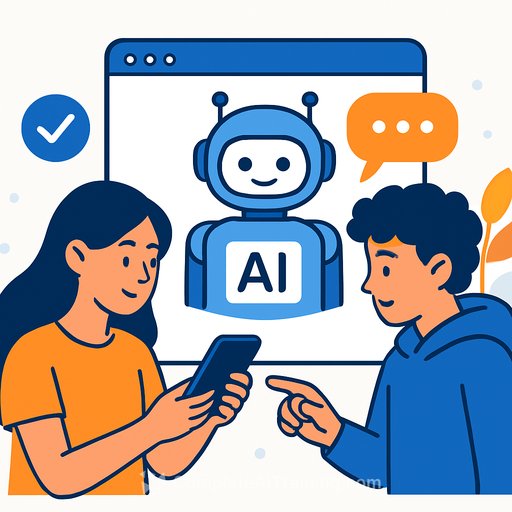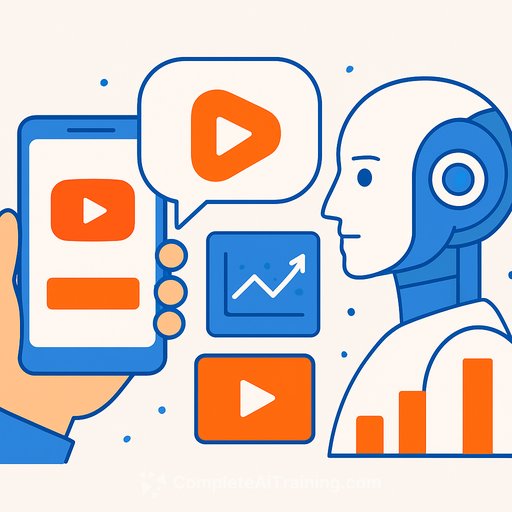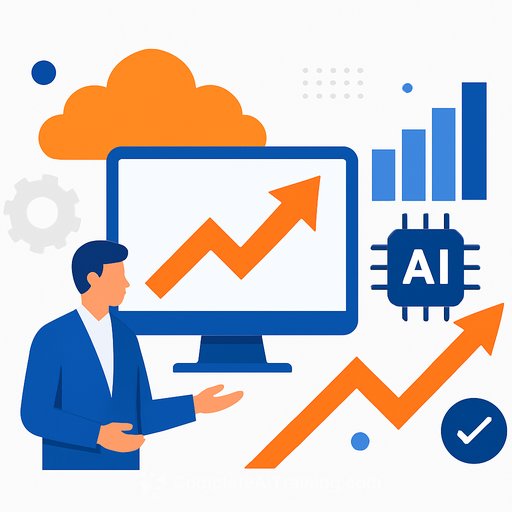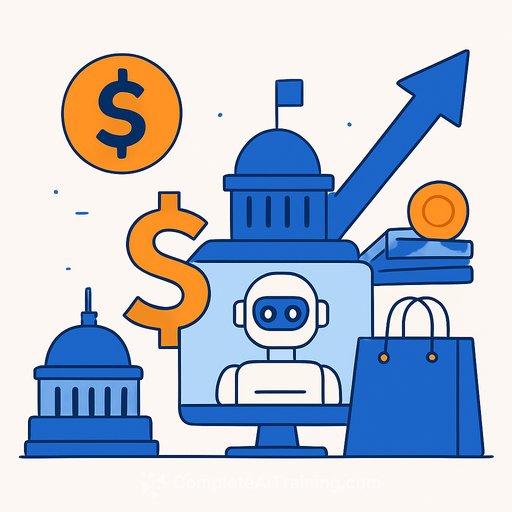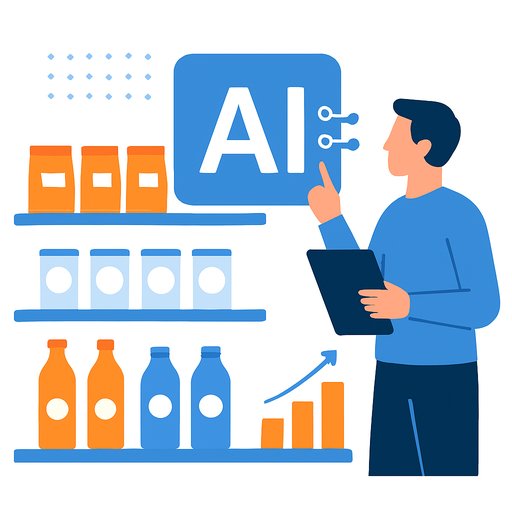Oracle's New AI Agents for Marketing, Sales, and Service: What to Use Now to Drive Revenue
Oracle announced new role-based AI agents embedded in Oracle Fusion Cloud Applications. These agents sit directly in your marketing, sales, and service workflows to automate repetitive work, surface insights, and move deals faster-with no additional cost.
The takeaway: less manual effort, clearer priorities, and a tighter path from intent to revenue. Below is what matters, what each agent does, and how to put it to work this quarter.
Why this matters
- Shorter sales cycles: faster quotes, cleaner summaries, targeted guidance for reps.
- Higher win rates: ICP-aligned targeting, buying committee clarity, and next-best actions.
- More expansion: intelligent cross-sell and upsell recommendations tied to history and preferences.
- Lower service costs and churn: triage, self-service, and escalation prediction keep customers on track.
Marketing: precision targeting without the guesswork
- Account Product Fit Agent: Prioritizes accounts most likely to buy using ICP, predictive scoring, account data, and engagement signals.
- Buying Group Definition Agent: Maps titles to product-buying roles so you can personalize by persona and industry.
- Model Qualification Agent: Recommends the best-fit audience, checks if your data meets model criteria, and flags gaps.
How to use it: lock your ICP, clean enrichment fields, and feed qualified audiences into campaigns and SDR routing. Measure by pipeline quality, conversion to opportunity, and cost per qualified account.
Sales: fewer clicks, more closed-won
- Deal Advisor Agent: Surfaces guidance from product overviews, pricing, solution guides, customer references, and use cases-ready to share.
- Quote Assistant Agent: Answers deal-specific questions and streamlines quoting with relevant details on demand.
- Product Recommendations Agent: Finds cross-sell and upsell options by analyzing history, preferences, and quote data.
- Quote Summaries Agent: Summarizes deal context, history, and next steps so reps get up to speed fast.
- Contract Advisor Agent: Summarizes obligations and key terms to cut review time.
- Lead Advisor Agent: Summarizes engagement and profile insights with next-best actions.
How to use it: standardize your sales stages, attach these agents to discovery, proposal, and negotiation steps, and set clear guardrails for content sharing. Track quote turnaround time, stage velocity, win rate, and ACV uplift from add-ons.
Service: protect NRR and feed revenue signals back to GTM
- Triage Agent: Analyzes service requests, identifies issue severity and sentiment, and prioritizes tickets.
- Self-Service Agent: Guides customers to resolve issues via web, portals, or mobile-freeing reps for higher-value work.
- Service Request Creation Agent: Converts chats, call transcripts, and emails into ready-to-work service requests.
- Work Order Agent: Auto-generates draft work orders with pre-filled attributes for faster, first-visit resolutions.
- Service Request Clustering Agent: Groups similar issues to reduce duplicates and speed root-cause fixes.
- Escalation Prediction Agent: Flags requests likely to escalate using sentiment and request attributes.
How to use it: funnel service insights back to sales for churn-risk plays and expansion prompts. Track first-contact resolution, deflection rate, time to resolution, and save-to-expansion conversions.
What's under the hood
These AI agents are prebuilt, run on Oracle Cloud Infrastructure, and are natively integrated within Oracle Fusion Applications. Because they live inside your workflows, users move faster without switching tools, and leaders get connected data for better decisions.
Activate this quarter: a simple rollout plan
- Connect your data: Sync account hierarchies, product catalogs, pricing, contracts, and support histories.
- Define rules: Finalize ICP, qualification criteria, stage definitions, and escalation policies.
- Turn on key agents first: Start with Account Product Fit (marketing), Product Recommendations (sales), and Triage (service).
- Embed in playbooks: Add agent prompts, outputs, and checkpoints to existing workflows and enablement.
- Monitor and refine: Review weekly KPIs; retrain models or update data where precision slips.
KPIs to watch
- Marketing: qualified pipeline, account engagement depth, audience match rate.
- Sales: time-to-quote, stage conversion, win rate, ACV from bundles/add-ons.
- Service: first-contact resolution, deflection, escalations avoided, renewal and expansion impact.
Good to know
Feature availability, timing, and pricing may change at Oracle's discretion. Any forward-looking statements are subject to risks and uncertainties that could cause actual results to differ.
Keep your team current
If you're aligning GTM teams around AI-driven workflows, consider a focused skills path for marketers and sellers. Explore practical training and certifications here: AI Certification for Marketing Specialists.
Further reading
For trends on how AI is changing sales execution and revenue operations, see this overview from McKinsey: How generative AI is changing sales.
Your membership also unlocks:



